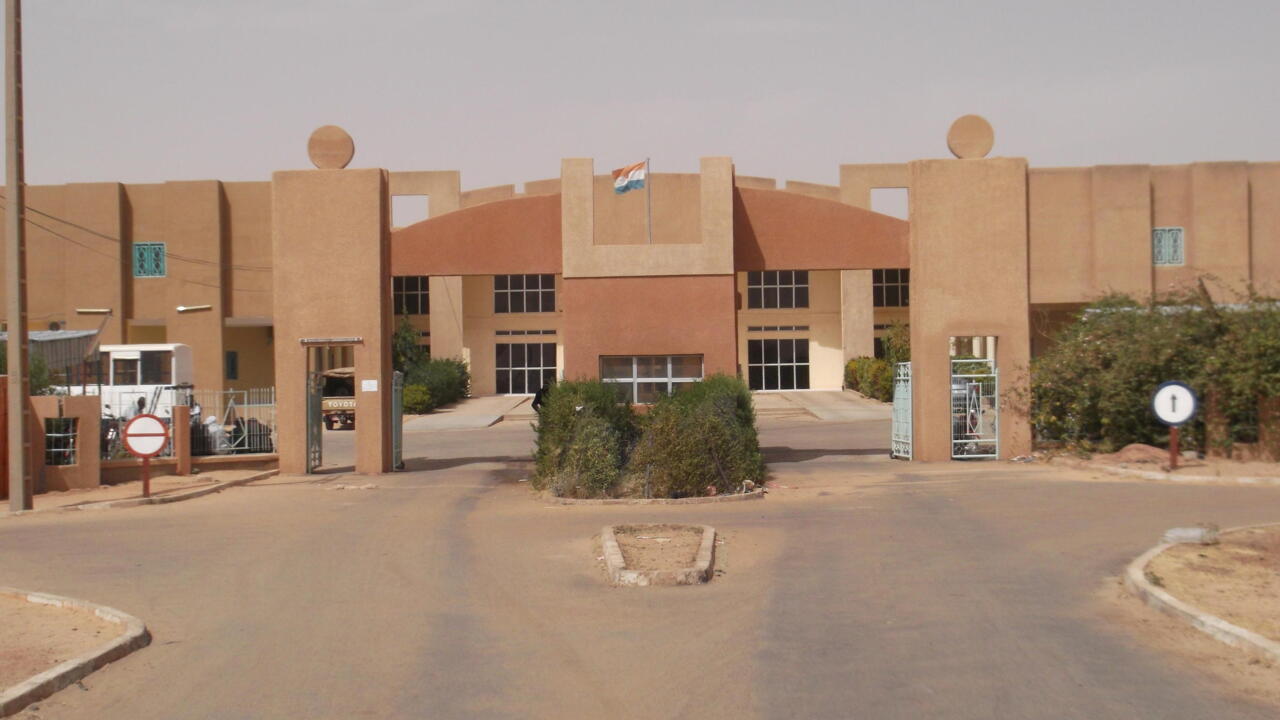Niger creates an oil and gas school
The authorities announced on Tuesday March 26 the creation of an oil and gas school by decree of the Ministry of Higher Education, Research and Technological Innovation. Extractive industries are at the heart of Niger's development strategy, known for its uranium production but which relies heavily on the marketing of its oil.
The University of Zinder, Niger. Mab.black/CC/Wikimedia Commons
By: RFI Follow
Advertisement
Read more
Training executives and engineers in the highly strategic disciplines of oil and gas is the objective of the new school which will be attached to the University of Zinder in eastern
Niger
.
The second university in the country in terms of numbers already has a department in petroleum technology, but teaching was limited to the DUT and the bachelor's level in the fields of exploitation and refining. The new school will also provide apprenticeships across the entire oil production chain, at all levels: bachelor's, master's and engineering diplomas and studies for oil companies.
The government decree, however, does not formulate any date for the start of teaching, but the choice made on Zinder is not insignificant. The city is located about fifty kilometers from the site of the country's refining company and a good distance from the Agadem oil block, a crude oil extraction site, co-managed by the China National Petroleum Corporation.
For Dr Maman Sillimana, teacher-researcher at the University of Zinder, the creation of this school is a godsend: “
Perhaps the idea is to move towards the direction of technology transfer. Perhaps in a few years, there will be Nigeriens in all positions who will take over.
»
Niger currently produces 110,000 barrels per day, 90,000 of which are to be exported
via a giant pipeline to Benin
.
Other countries,
such as Senegal for several years
, have set up advanced courses to train in oil and gas exploitation. Policies which illustrate the desire of these countries to use their natural resources to develop their economies.
But this pro-fossil strategy is not unanimous. On the continent,
many voices are campaigning
to promote above all the development of renewable energies - Africa has enormous solar, wind and hydropower potential - to fight against global warming caused by the extraction and use of polluting energies. If Africa is the continent emitting the most greenhouse gases (less than 4% of global emissions), it is also the most affected by the numerous effects of climate change.
Also read: Fatih Birol, head of the IEA: “Renewable energies must be the priority for Africa”
Read alsoCOP28: Africa facing the challenge of energy transition
Newsletter
Receive all the international news directly in your inbox
I subscribe
Follow all the international news by downloading the RFI application
Share :
Continue reading on the same themes:
Niger
Oil
Energies

